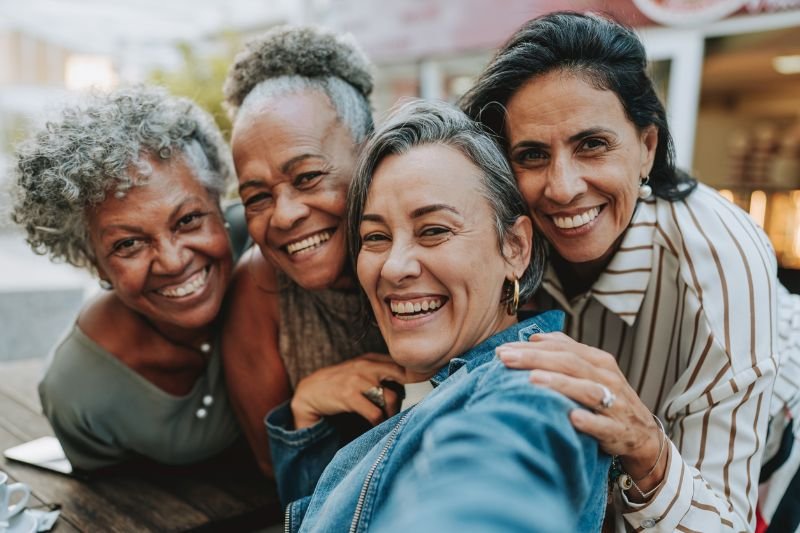From the desk of Rosemary Laird, MD
Founder of Navigating Aging Needs (NAN), LLC

Finding Your Balance
For a caregiver of a loved one suffering from Alzheimer’s, life can sometimes feel totally out of balance. There are day-to-day issues to take care of, the occasional crisis to handle, and the relentless progression of the disease to cope with.

It's About Time!
Even though we’re in the middle of summer, this week and the week ahead will mark several of the shortest days in recorded history: On July 22nd and August 3rd, the earth will spin 1.34 milliseconds faster than the usual 24-hour day.
The shorter days are caused by several somewhat mysterious geological forces, but scientists say it is nothing to worry about. Still, for caregivers of a loved one suffering from Alzheimer’s, it might seem that the universe is adding one more time crunch to their already busy lives!

Alzheimer's and Motherhood
Aside from the enormous impact on mental and physical health that a caregiver experiences as a result of the stress of their day-to-day duties, there is also often a profound impact on the overall relationship between mother and her caregiver as the disease progresses. After all, each person has spent years in certain well-defined roles, and then in a short time many of the dynamics of the relationship may undergo dramatic changes.

The Family Ties That Bind
It’s important and sometimes all too fleeting, but even a brief period together as a family, if you can manage it, does a world of good to help everyone through troubling times. This can be even more true of family caregivers and our loved ones experiencing the changes of Alzheimer’s disease. Having the family around can make your loved one feel more comfortable in their surroundings, and gives them a chance, perhaps, to reminisce about family times in the past.

Keeping Your Orbit!
Your caregiving activities create the ordinary cycles of daily life such as eating, sleeping, and bathing, keeping you “in orbit” with your loved one on a continual basis. I’m sure that as a caregiver, it can sometimes feel as though you are a satellite locked in a gravitational vise around your loved one’s needs. At the same time, the progression of the disease can sometimes change the overall dynamics of your relationship over time.

You Gotta Have Friends!
Several recent scientific studies support the idea that having strong social connections is a key to better health and a longer life — more than a person’s diet and exercise!

